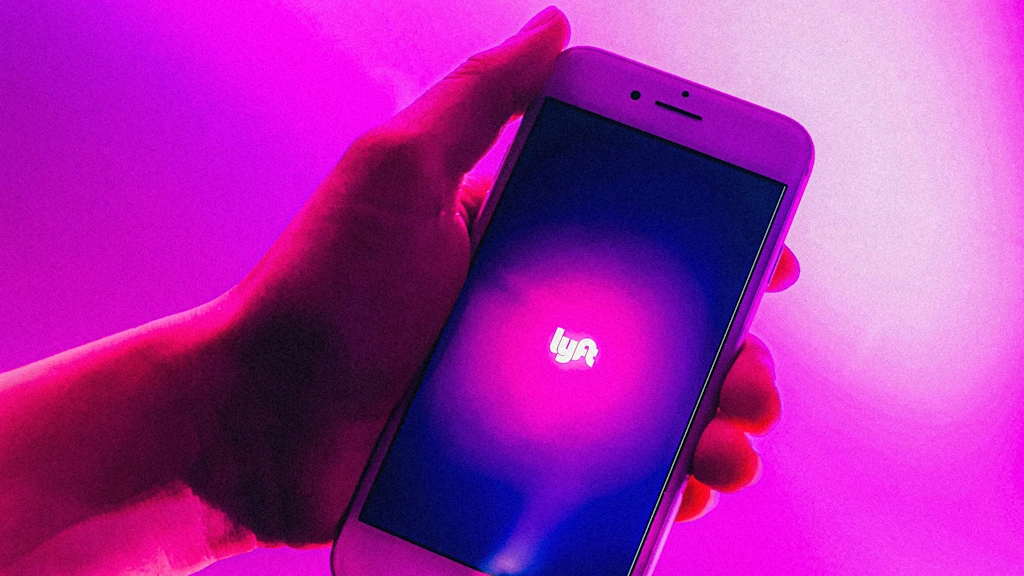
"Consumers don't mind when companies use misspelled words-think Lyft for "lift" or Froot Loops for "fruit loops"-as their brand names, as long as the alterations aren't too extreme and the misspelling makes sense. Those are the main findings of a new peer-reviewed paper I published with fellow marketing scholar Leah Warfield Smith. This builds on previous work that found that using misspelled brand names usually backfires."
"In a series of six experiments, we tested consumer reactions to fictional and several real brand names with varying levels and types of misspellings. Mild misspellings from combining two real words, such as SoftSoap, were perceived just as positively as correctly spelled names. When consumers saw different levels of misspellings-consider the brand names Eazy Clean, Eazy Klean. and Eezy Kleen-they reacted more negatively the further the name deviated from the correct spelling "easy clean.""
"However, we also found that relevance matters. A misspelled name that aligns with the product or brand identity can still be successful. For example, consumers responded just as well to Bloo Fog (a playful nod to Oolong tea) as to the correctly spelled "blue fog." In contrast, Blewe Fog-a misspelling without a linguistic connection to the product's name-performed worse."
Six experiments tested consumer reactions to fictional and real brand names with varying levels and types of misspellings. Consumers accept mild misspellings that combine real words, such as SoftSoap, as positively as correctly spelled names. Greater deviation from correct spelling produces increasingly negative reactions, illustrated by Eazy Clean, Eazy Klean, and Eezy Kleen moving away from "easy clean." Relevance moderates responses: misspellings that align linguistically or conceptually with the product, such as Bloo Fog nodding to Oolong tea, perform as well as correct spelling, while unrelated misspellings like Blewe Fog perform worse. Misspellings are common in apps, fashion, and brand naming strategies.
Read at Fast Company
Unable to calculate read time
Collection
[
|
...
]